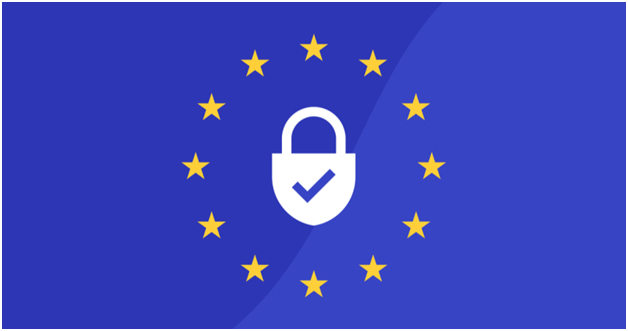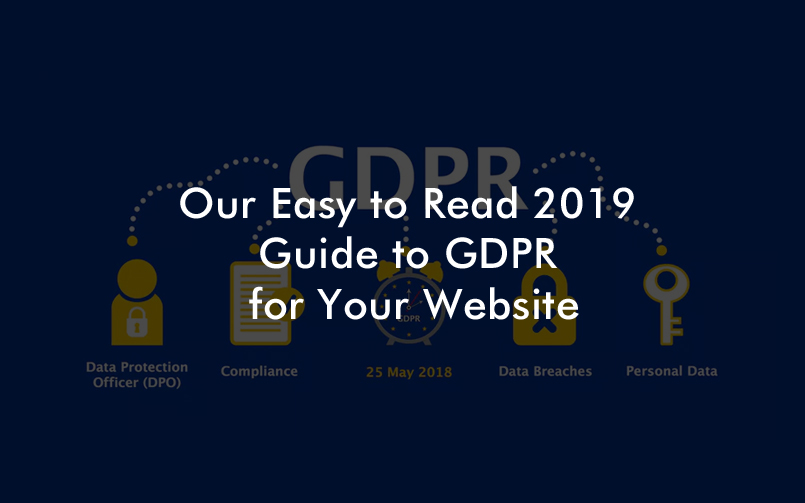As a frequent web user, you’ve obviously been asked again and again that the webpage you surf are gathering cookies to improve your experience.
What is GDPR?

The General Data Protection Regulation (GDPR) introduced on 25th May 2018.
Europe’s fresh data security and privacy law that covers a bunch of pages worth of new needs for companies around the globe.
This GDPR overview will help you to know the regulations and sort out what specific parts of it suit to you.
It is considered that the General Data Protection Regulation (GDPR) is one of the toughest privacy and security law in the world. Also, it is already qualified and drafted by the Europian Union(EU), The General Data Protection Regulation is one of the greatest data laws to come into effect in the last 2 decades.

The regulation is basically introduced to secure the privacy and data of anyone on the web and innovate safe authorization for websites that gather information on you.
According to ICO, there are 7 basic regulation that GDPR sets out. These are:
- Data minimization
- Accuracy
- Storage limitation
- Integrity and confidentiality (security)
- Lawfulness, fairness, and transparency
- Purpose Limitation
- Accountability
- Impact on Business
GDPR applies to business that works on personal information of EU people. Whether you have thousands of employees or less than 250 it implies on them. Any of the breaches which could affect the regulations of personal data should be informed to the Information Commissioner’s Office (ICO). The reporting could be 24 hours or a maximum of 72 hours.
GDPR gives control to an individual that how much longer businesses could use their data and vice versa with businesses too. So if you are a consumer and no longer want a business to hold your information, then you have a legal right to take off your data. So if you have a company just look at your google analytics and find out if you have an audience of EU.
How can GDPR Compliant lodge against me?

There have been a vast number of data violations, present in size from small volume to big attacks affecting the huge audience. Under GDPR rights, the “unauthorized disclosure of, or access to, destruction, loss, alteration” personal’s data has to be reported to a country’s data protection regulator where it could have a harmful effect on those who it is about.
There are some tips you can take to secure your company and your company’s site:
- To seamlessly experience the third-party tools, first, learn how those companies are using the data being gathered.
- Be sure that protecting your user’s data may mean harm to marketing resources. Just focus on long-term marketing target before discarding data.
- Have a deep focus on which information gathered is essential to your company, and update your storage procedures.
- Prepare senior business heads aware of the rules and why it’s necessary to adhere.
Penalty for non-compliance?
If the company doesn’t process anyone’s data the right way or there’s a security breach, the company can be fined.
